Pennsylvania Passes Legislation Aimed at Reducing Opioid Abuse
Pennsylvania joins several states, including New York and Rhode Island, that have passed new opioid regulations aimed at reducing opioid abuse and deaths from overdoses. In November Pennsylvania Governor, Tom Wolf, signed several bills that either took effect immediately or will take effect on January 1, 2017. The bills address topics such as limiting initial prescribing of opioids, opioid use in minors, state drug monitoring database updates, and increasing opioid education. A summary of the legislation can be found below:
Limits prescribing of opioids to seven days for patients in urgent care facilities or hospital emergency rooms. This ruling does not apply to patients being treated for pain associated with cancer or palliative care. The seven-day limitation can be waived if in the physician’s professional judgement longer use is medically necessary. The prescriber must indicate why a non-opioid analgesic was not appropriate for a patient before prescribing an opioid.
Individuals in the above settings who may be at risk for substance abuse must be referred for treatment.
All dispensers and prescribers must be registered with the state prescription drug monitoring program. Physicians are required to check the state database prior to dispensing an opioid or benzodiazepine. Pharmacies must report information to the database by the close of the subsequent business day.
Licensed practitioners are required to participate in continued education programs in pain management, addiction, and prescribing and dispensing practices for opioid analgesics.
Before prescribing to a minor, a physician must assess if the minor is being treated for a substance abuse disorder, discuss with the minor and parent/guardian the risks associated with using opioids, and obtain written consent from parent/guardian to treat with an opioid analgesic. The above seven- day limit also applies to minors.
Prescription drugs and pharmaceutical waste will be added to the Household Hazardous Waste Program Act. This allows designated sites, such as law enforcement, hospitals, pharmacies, etc., to be granted authority to collect and dispose of unused medications.
The Safe Opioid Prescribing Act establishes safe opioid analgesic prescribing curriculum in Pennsylvania medical schools. The act also allows patients to sign a voluntary non-opioid directive form to deny or refuse the prescribing or administering of an opioid medication.


